The Victorian Era is named for Queen Victoria, who reigned from 1837 to 1901. As you might imagine, fashions changed dramatically over this 60-year span, but the changes didn’t happen as quickly as you might think. During the early years of the Victorian age, travel and communication were much slower than today, so a particular style might stay in fashion for many years. It wasn’t until faster methods of travel and communication were possible, that popular styles began to change much more rapidly, causing fashionable women to bemoan the cost of keeping their wardrobes up with the current trends.
The entire era can be said to reflect a certain romance and gentility, fostered in great part by the beautiful and much adored Queen Victoria for whom the entire era is named. In the early years, and throughout the period, the image of a woman was one of fragile beauty and domestic enterprise. It was the man’s responsibility to provide a home and income, and the lady was to make that home a place where the family was nurtured and prepared for the future. Clothing for women was utterly feminine, and was designed to emphasize the much-admired tiny waist. Ladies wore as many as seven petticoats under their voluminous skirts, and bodices were high-necked, long sleeved, and tightly fitted to the body.
The invention of the sewing machine in 1844 meant that clothes could be more lavishly trimmed than ever before. About the same time, lace machinery was developed to make lace at a fraction of the cost of hand-made lace. This meant that elaborate trims and flounces soon appeared on nearly every garment. Chemists developed new dyes that were cheaper than before and were much more vibrant than the old animal or vegetable dyes, which popularized clothing in bright colors.
Toward the end of the era – about the 1890’s – women’s fashions became simpler and less extravagant and bustles fell out of fashion. The new, looser dresses gave a more flowing look. Corsets were still worn, but became slightly longer to provide the slimmer shape that was coming into fashion. Fabric became thinner to the point of being sheer, and lavish embroidery and lace inserts were a preview of the lacy lingerie dresses that would soon come with the Edwardian era. Clothing sets which included a skirt, blouse and jacket emerged as a practical and accepted way to dress.

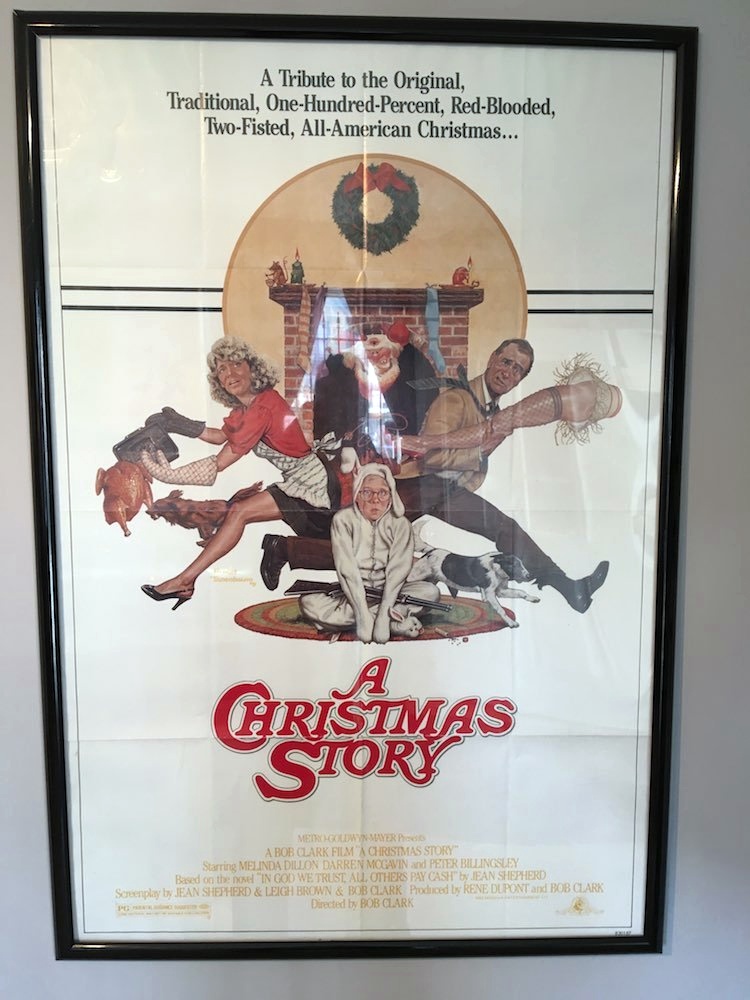
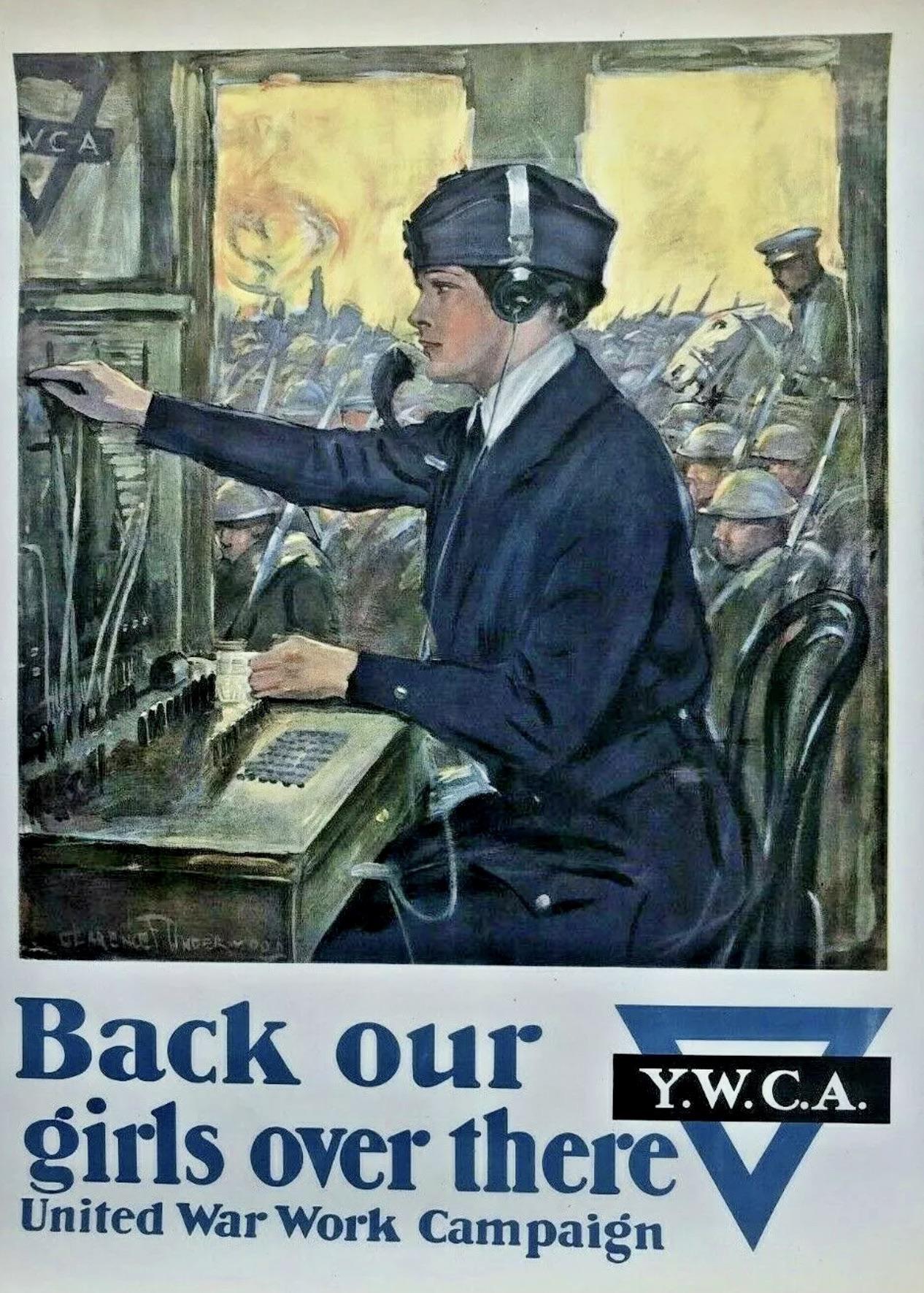
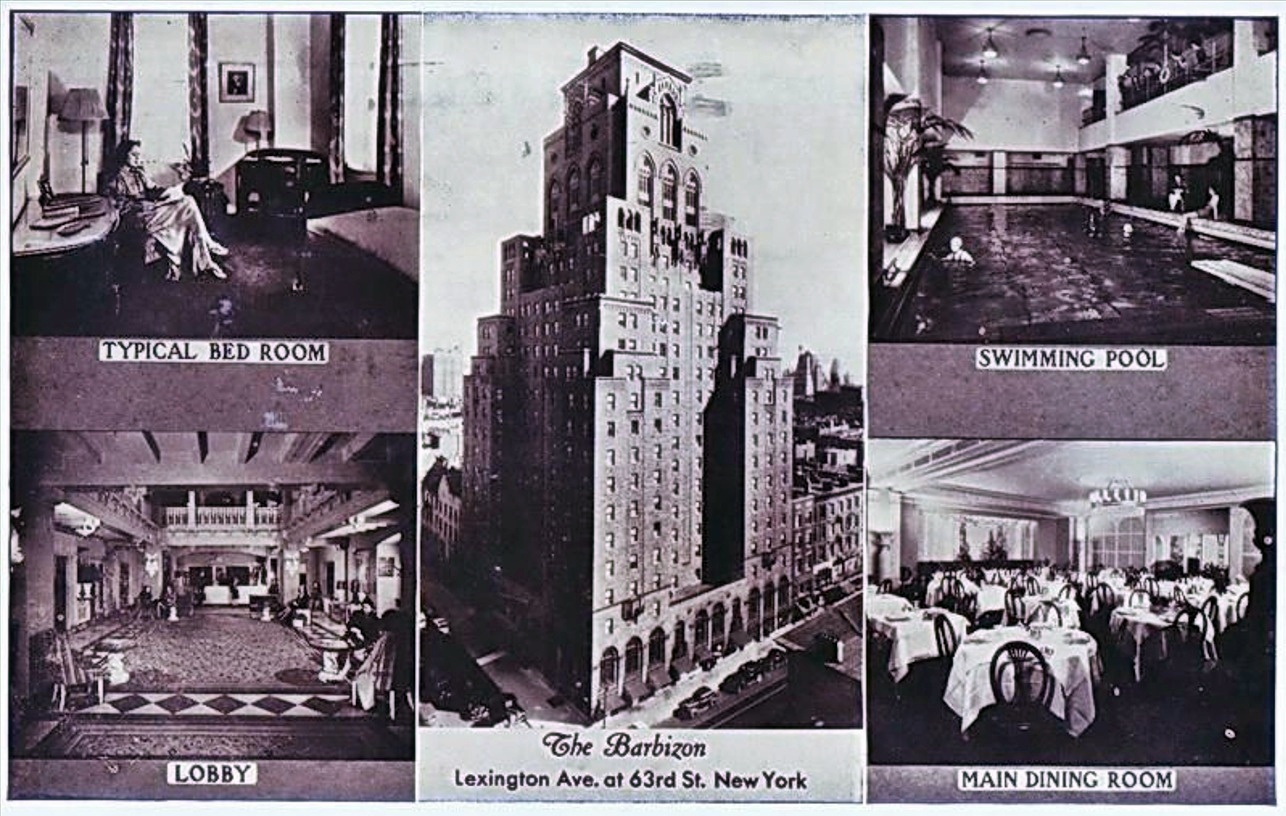
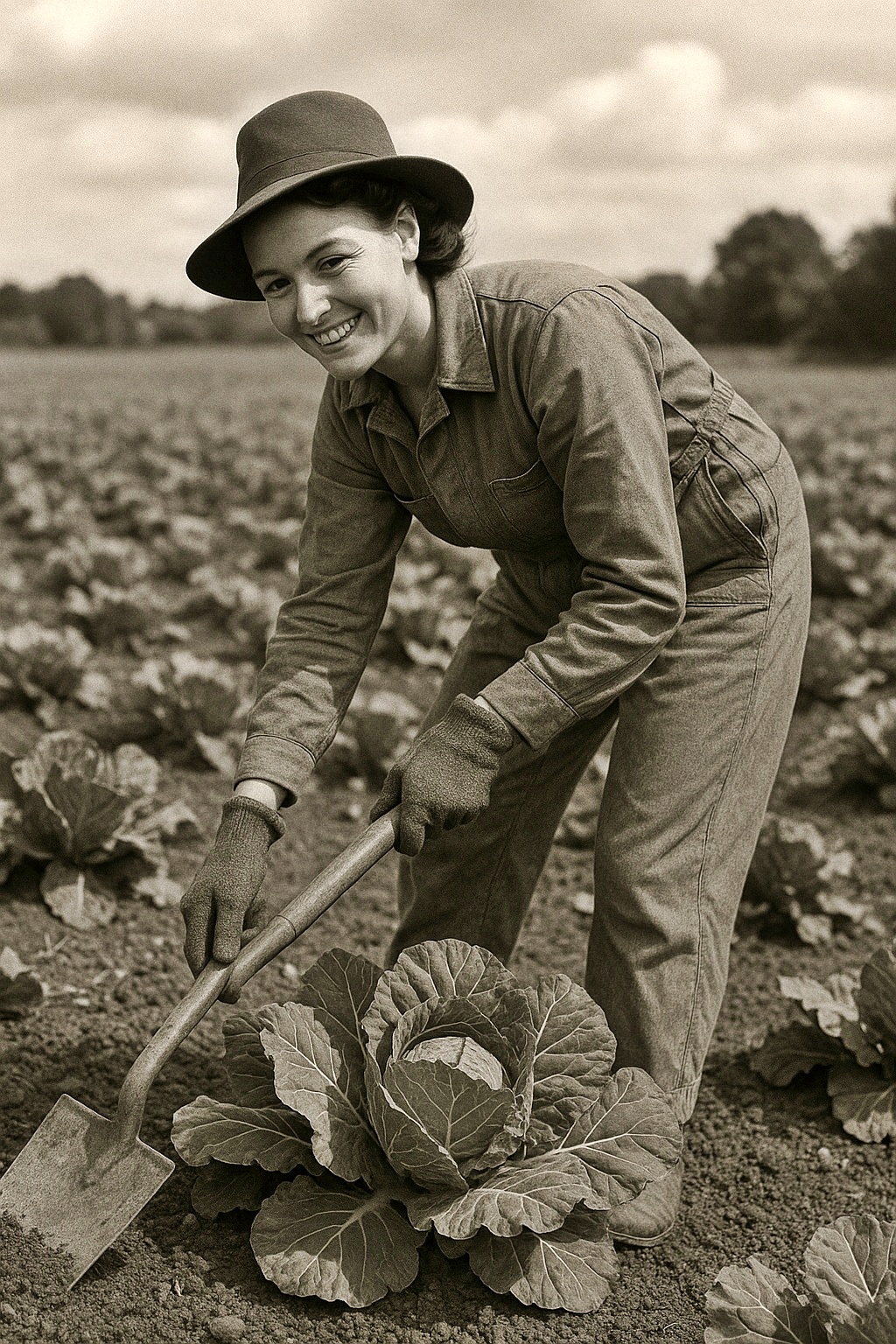
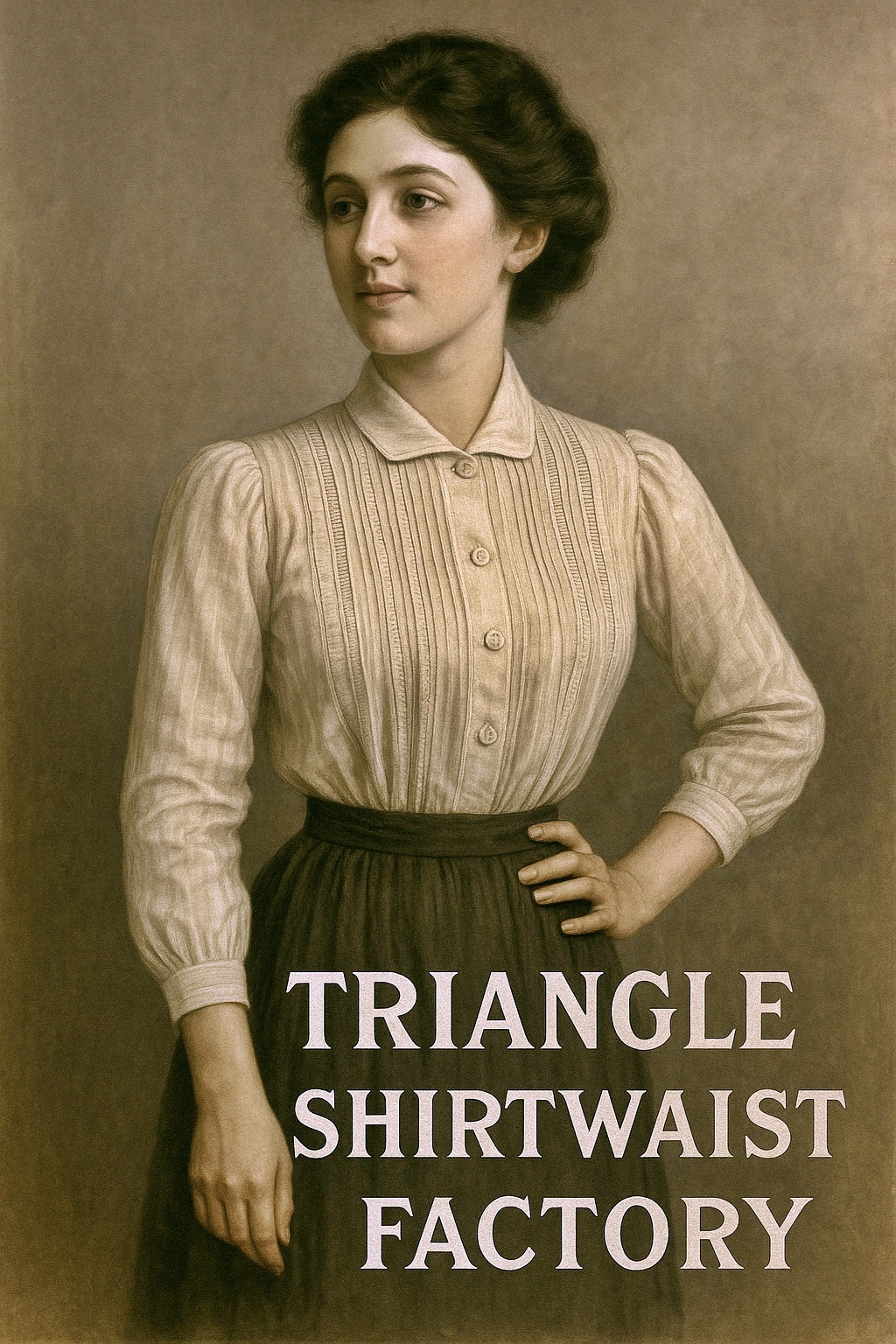
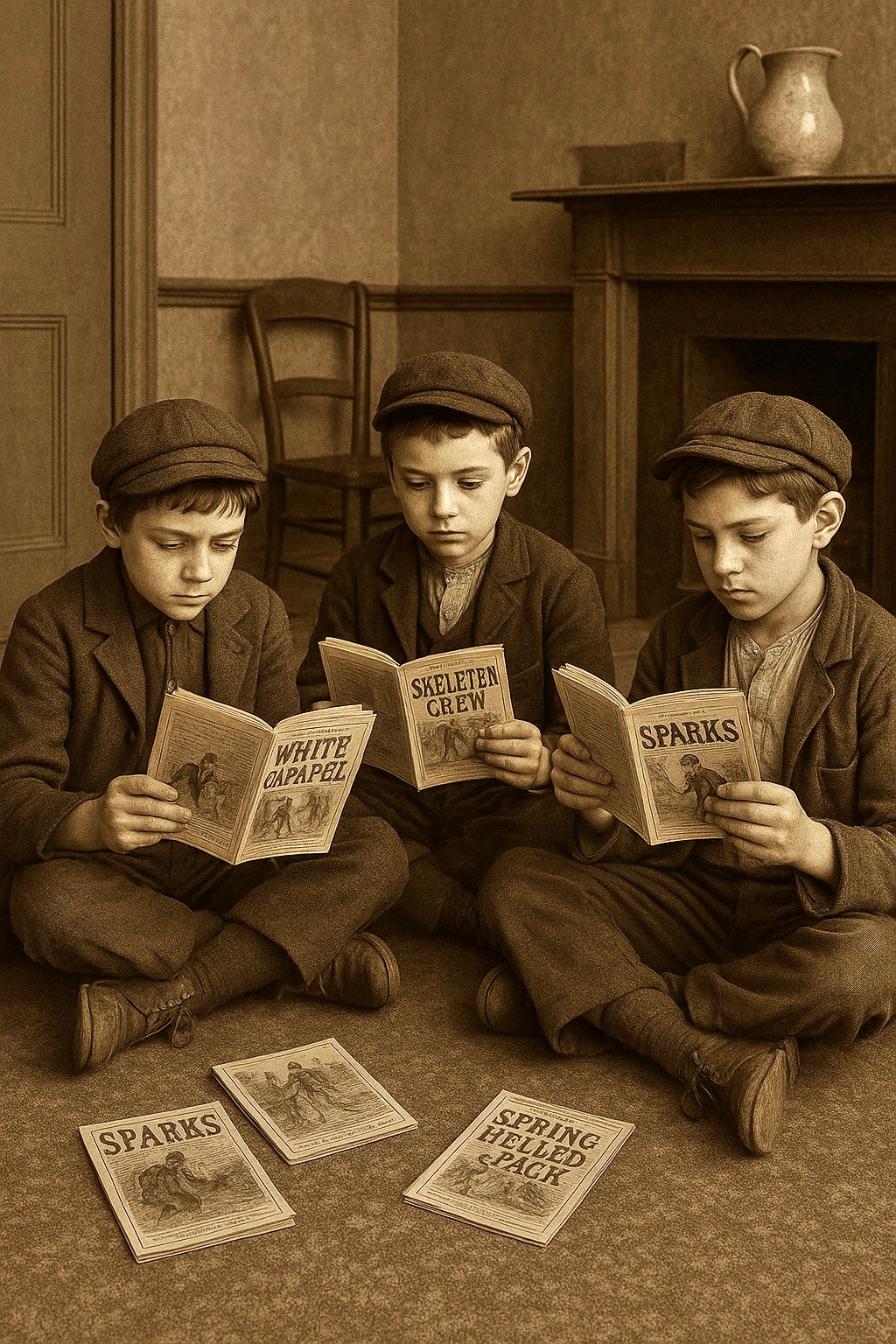
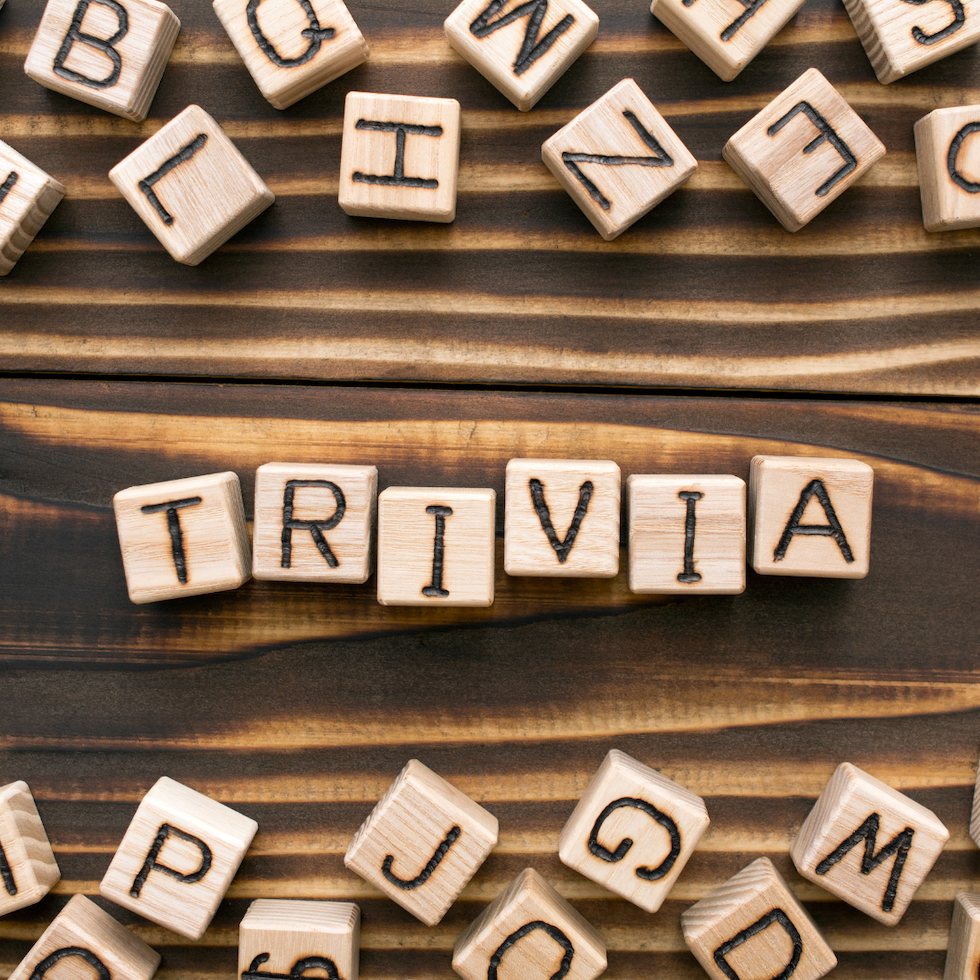
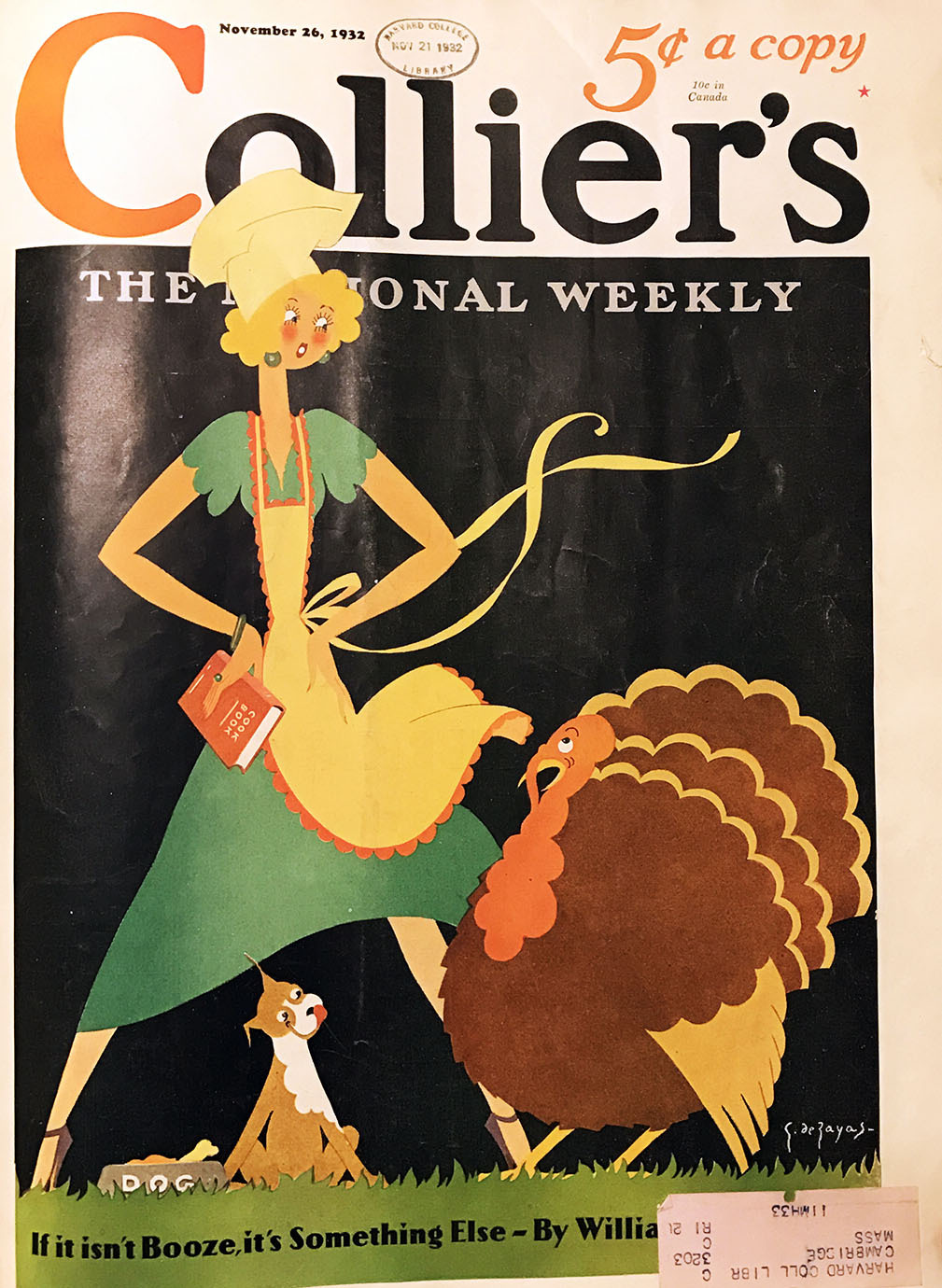
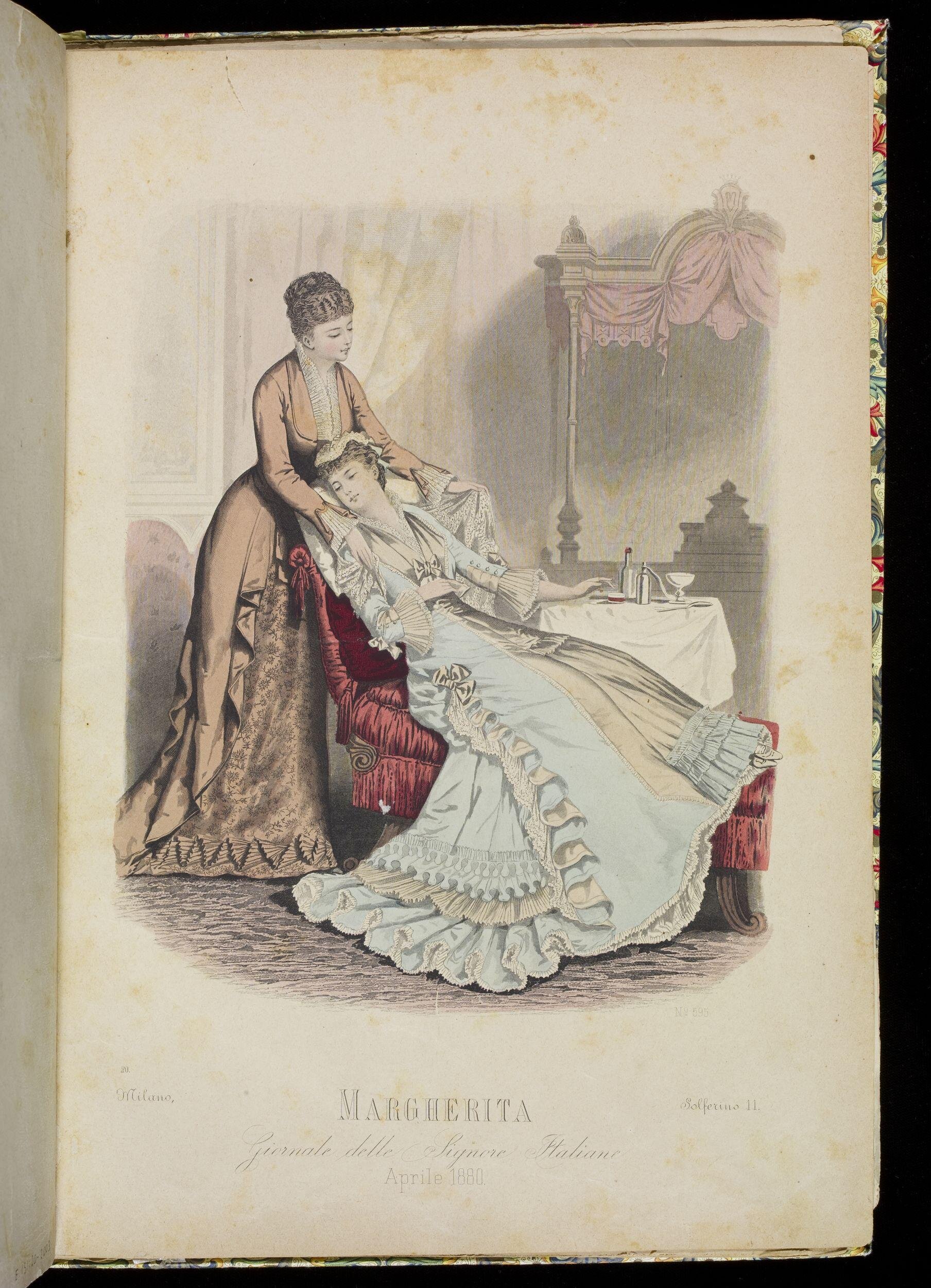
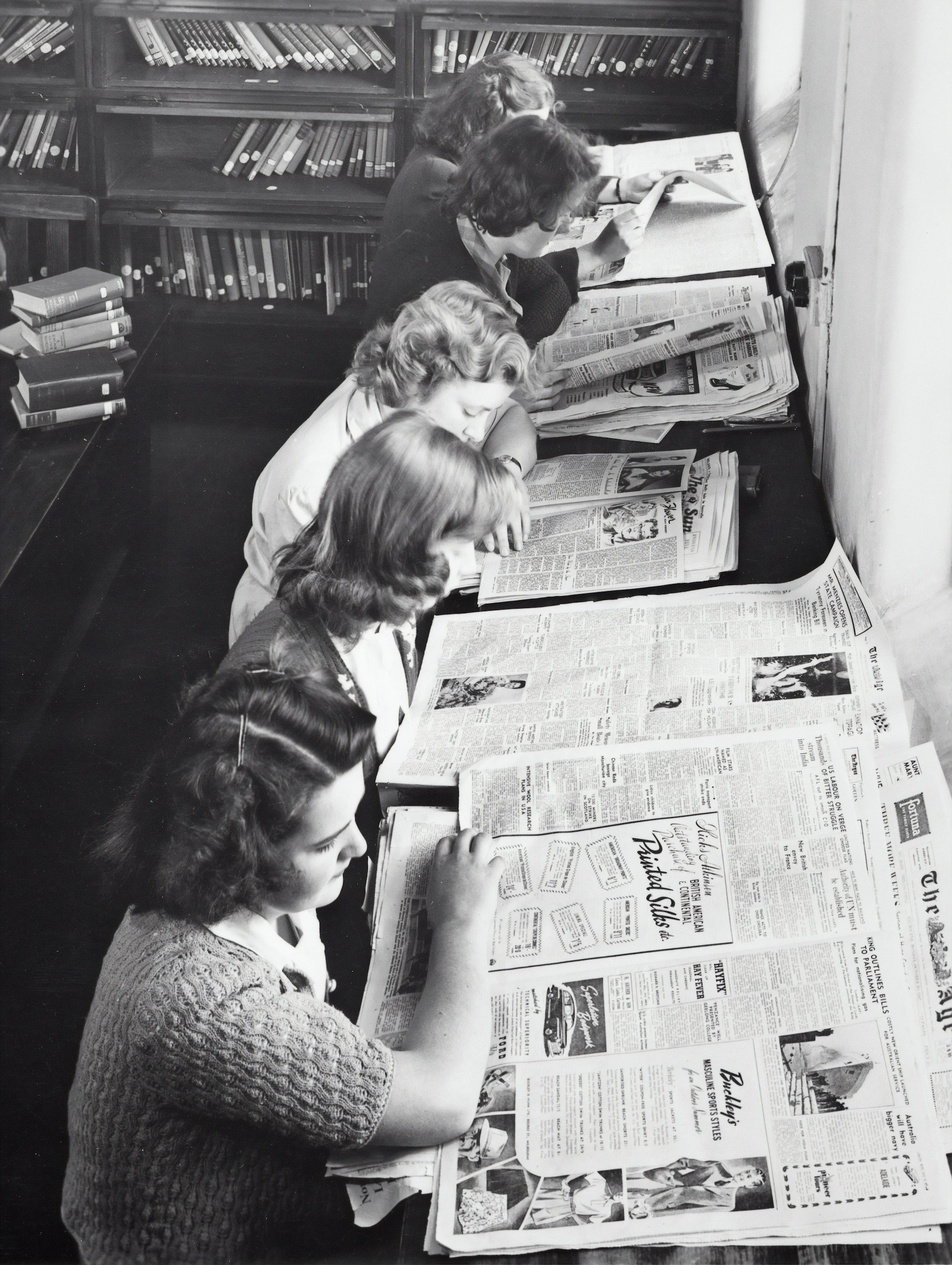
Leave A Comment